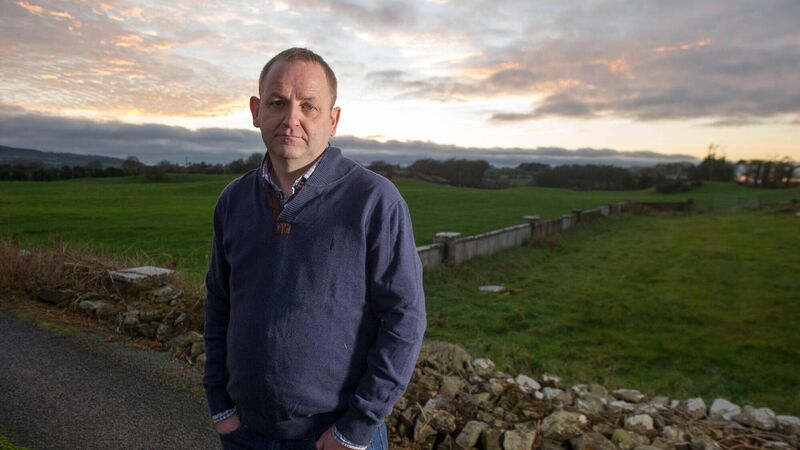Michael Clifford: Questions raised into Limerick garda probe

After the 2013 whistleblower investigation, some politicians suggested that the NBCI investigation of Sergeant Maurice McCabe’s allegations was less than robust. In the current investigation there is no question as to whether the probe is robust. Photo: Barry Cronin
In 2013, some of the top detectives in the country were involved in an investigation into cancelling penalty points for road traffic offences. The issue was a hot political potato. Sergeant Maurice McCabe and former garda John Wilson had made a series of complaints of how the system was being abused by senior gardaí. The minister for justice ordered an inquiry. Garda Commissioner Martin Callinan reacted as commissioners tend to when the minister gets involved — he put a top team on the job, deploying the elite National Bureau of Criminal Investigation (NBCI).
At one point in the investigation, two detective superintendents were dispatched to visit an estranged uncle of McCabe’s who had claimed to “have a lot of information about the whistleblower that he wanted to pass on.”













